Biolaminin 211 LN (LN211)
Full-length human recombinant laminin-211
Biolaminin 211 supports the growth, survival, and differentiation of a wide range of tissue-specific cell types, including motor neurons, cardiac cells, and skeletal muscle cells.
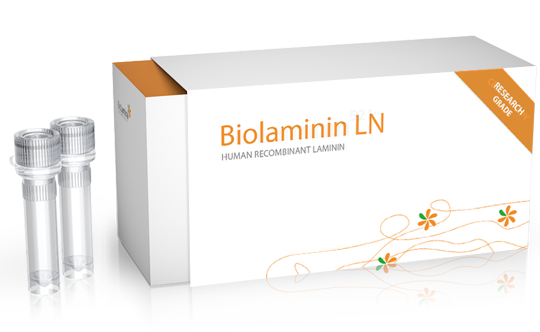
A biologically relevant culture environment
Laminin-211 is crucial for muscle development and function and is one of the main isoforms present in adult muscle tissue, including varying amounts of laminin-221, laminin-521 and laminin-421 depending on the tissue.
Mutations of the LAMA2 gene are the most common cause of congenital muscular dystrophy that frequently leads to death in early childhood (Domogatskaya, 2012). For a review of laminin 211 in skeletal muscle function, see Holmberg and Durbeej, 2012.
Laminin-211 as well as laminin-221, are important for cardiomyocytes and heart muscle development. In the developing heart, both laminin-211 and laminin-221 are expressed in the extracellular matrix of cardiomyocytes as well as in the basement membrane zones of the endo- and pericardium and the capillaries (Roediger, 2010).
Laminin-211 is a major laminin isoform synthesized by Schwann cells in the developing peripheral nervous system, important for axonal elongation/neurite extension and myelinization (Patton, 2000; Patton, 2001; Wallquist, 2005).
Laminins containing the α2-chain (such as laminin-211) are expressed in the ventricular zone ECM in the developing mouse central nervous system. Since laminins are known to contribute to the stem cell niche in the brain, this suggests that laminin-211 could play an important functional role in the regulation of neural stem cells and progenitor cells (Haubst, 2006; Kazanis, 2010; Lathia, 2007; Mercier, 2002).
Learn more about full-length laminins
Recommended applications
-
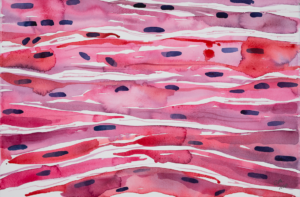
Skeletal muscle cells
Biorelevant culture of muscle cells on Biolaminin substrates Laminin 211, 221 and 521 form an important part of the adult skeletal muscle microenvironment Laminin […]View application -
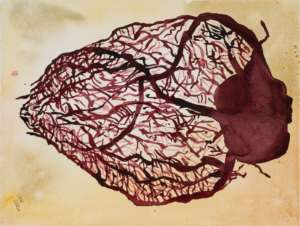
Cardiomyocytes
Biorelevant culture of cardiac cells on Biolaminin substrates Laminin expression in muscle tissue Laminin-211 and laminin-221 are expressed specifically in the basal lamina […]View application -
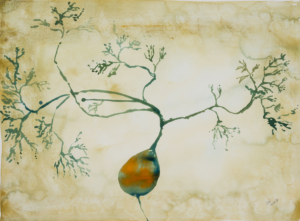
Peripheral nervous system neurons
Biorelevant culture of spinal PNS neurons on Biolaminin substrates Sensory neurons Sensory trigeminal ganglion neurons grow well on laminin 411, but […]View application -
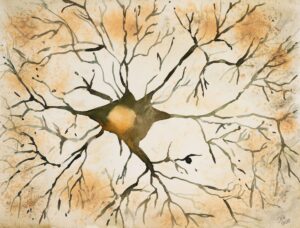
Glial cells
Biorelevant culture of glial cells on Biolaminin substrates Microglial cells – the resident macrophages/immune cells in the central nervous system Inflammatory […]View application -
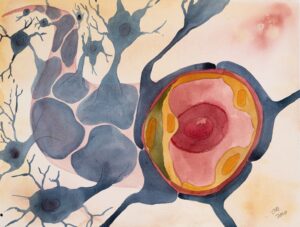
Blood brain barrier
Biorelevant culture of blood-brain barrier cells on Biolaminin substrates Blood-brain barrier structure and function Endothelial cells lining small brain capillaries separate […]View application -
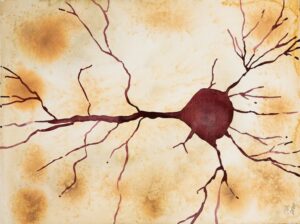
Cortical neurons
Biorelevant culture of cortical neurons on Biolaminin substrates Laminins are important for cortical neuron development Laminins are key extracellular matrix […]View application
Key features
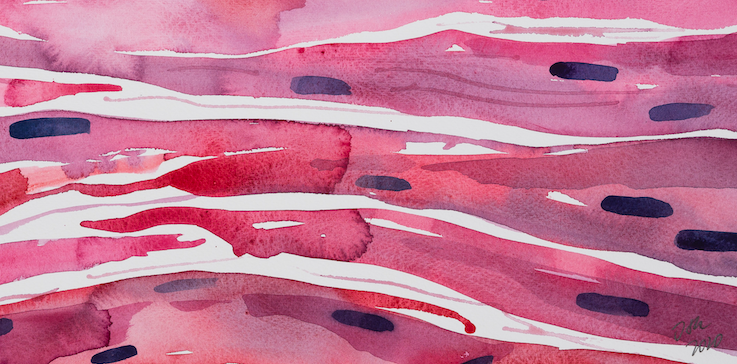
Coating plates
1. Thaw recombinant laminins slowly at +4°C before use.
2. Dilute the thawed laminin stock solution with 1x DPBS.
3. Add the diluted laminin solution to tissue culture-treated surfaces, aiming for a final coating concentration of 0.5-2 µg/cm². The optimal coating concentration may vary depending on the specific cell line.
4. Seal the plate (e.g., with Parafilm®) to prevent evaporation, and incubate at +2°C to +8°C overnight. For faster coating, incubate at +37°C for 2 hours. Ensure the laminin solution is evenly distributed across the surface. Note that the laminin matrix will become inactivated if allowed to dry.
Important notes
Preparation and handling
- Perform all procedures under sterile conditions using aseptic techniques.
- Minimize exposure of the protein to ambient temperatures.
Storage and stability
Laminin stock solution storage
- Store the frozen laminin stock solution at -20°C to -80°C for long-term stability. Refer to the product-specific Certificate of Analysis (CoA) for detailed shelf-life information.
- Avoid repeated freeze-thaw cycles.
- For long-term storage of thawed stock solution, dispense into working aliquots and store at -30°C to -80°C. Thawed, undiluted Biolaminin stock remains stable for 3 months at +2°C to +8°C.
Coated plate storage
- Store coated plates aseptically at +2°C to +8°C for up to 4 weeks. Do not let the surface dry.
Cell culture setup
- Use appropriate culture media and dissociation reagents to create fully defined, animal component-free protocols.
- Ensure high-quality cells when transferring to the Biolaminin matrix.
- When moving your cells from another feeder-free matrix (e.g., Matrigel), we recommend starting with a smaller well format (e.g., 96-well or 48-well format) and a higher seeding density for the first few passages. This allows the cells to adapt to the laminin matrix before increasing the culture well format and lowering the seeding density.
Troubleshooting Guide
Biolaminin plate coating
Uneven cell spread is often a coating issue and may be caused by:
- Low coating concentration: Ensure the laminin coating concentration is high enough to support even cell growth. Increase the concentration if necessary.
Poor coating coverage or plate drying: Confirm that the entire surface is covered with the laminin coating solution when preparing fresh plates. Avoid drying out the plate, as this will inactivate the laminin. Prolonged time in the incubator or long storage without proper sealing can cause evaporation, leading to localized drying, often in the center of the plate.
Product name
Biolaminin 211 LN
Product code
LN211-02
LN211-0501
Declaration
For research use only
Storage
-20°C to -80°C
Concentration
0.1 mg/ml
Appearance
Clear, colorless, buffered solution with a
pH of 7.2 with 10% glycerol and 0.02% NaN3
Shipping condition
Dry Ice
Protein name
Laminin 211 (Laminin-2)
Classification
Animal origin-free, human recombinant protein
Product application
Culture of skeletal and smooth muscle cells, cardiomyocytes, glial cells, and neural progenitor cells
Size guide
Not sure how much laminin you need? To make it easy, we have created a tool where you can calculate the amount needed for your experiments. Just choose culture well format and fill in the desired coating concentration to see the amount required.
Please see the coating instructions for concentration and volume guidelines.